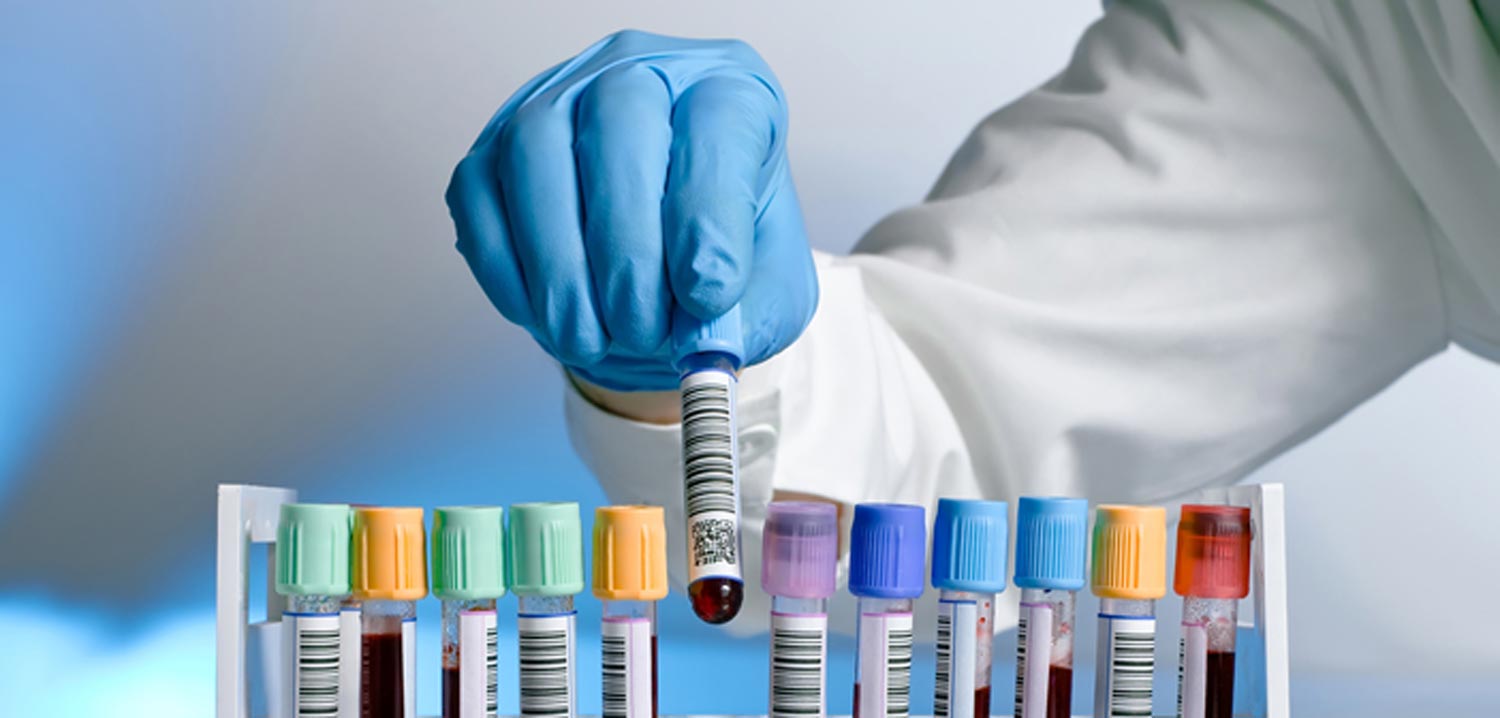To understand Remediation Services, it is imperative to understand the basic needs and challenges faced by every cannabis-based product including cannabis oil, nano and more.
What are the Top 10 Tough challenges faced by CBD manufacturers?
- QUALITY: The variability of the plant itself. The cannabis plant can vary significantly in terms of the various CBD and THC levels, while the yield can even be precariously low, especially using traditional methods, making it difficult to produce a consistent product from batch to batch.
- VALIDITY: The lack of standardization in the industry can be a bit startling. There are no set guidelines for producing CBD oil, which makes it difficult to create a consistent product.
- CONSISTENCY: The extraction process. Extracting CBD from the cannabis plant is a complex process requiring a high degree of expertise that can be difficult and expensive to do correctly.
- TRAINING: Decarboxylation (heating to convert CBDA to CBD). This process is necessary to activate the CBD and it does crystalize easily after this process, but it can be tricky to get it right. Get it wrong and start all over again…
- QUALITY: The quality of the oil can vary significantly, depending on the quality of the starting material, the processes used, the personnel, their experience and expertise.
- EXPERIENCE: Cannabis oil is notoriously highly viscous and therefore difficult to work with.
- EXPERTISE: Purification of CBD oil to remove any traces of THC and ensure sophisticated consumers seeking quality and knowing exactly what they put in their bodies is paramount. This step is necessary to ensure that the oil does not contain any psychoactive compounds and is safe for consumption with absolute purity, a process that can be difficult, time-consuming, and costly.
- ACCOUNTABILITY: THC exclusion. Many manufacturers insist upon ZERO THC inclusion
- ACCOUNTABILITY: Extremely complex international, national, and local regulatory compliance. Meeting all the various regulations governing CBD production can be incredibly difficult and costly
- QUALITY: Likely the most daunting challenge faced by CBD producers is producing and marketing QUALITY finished products in an extremely competitive international marketplace.

Hemp Synergistics Remediation
WHAT ARE REMEDIATION SERVICES AND HOW CAN THEY HELP?
THC remediation is any process that reduces THC concentrations to comply with worldwide regulatory requirements and to meet or exceed all quality objectives. It also covers a much wider range of uses.
However, before we can look deeper into what world class professional remediation services provide companies, it is critical to understand exactly why they are necessary in the first place.
It’s more than just keeping compliant on standards involving cannabis oil or nano or hempseed oil.
A good remediation service has the inexorable ability to work with raw plant matter, nano, cannabis oil, hempseed oil, distillates, tincture, caplets, and every other offshoot of cannabis products.
It is primarily all about maintaining these indispensable factors:
Consistency
Reliability
Validity
Accountability
QUALITY
Unlike modern food international interchanges where every single manufacturer shares the exact same rules, regulations, requirements and laws, the cannabis industry has none of these.
Food producers are also required to implement identical safe manufacturing techniques, matching basic formulas, equivalent employee health instructions and uniform cleanliness right down to protective clothing. Even packaging, transportation and storage are regulated to ensure consistent product purity no matter where it was produced. Not so with cannabinoid manufacturers.
These have all been designed, developed, and implemented with the safety of the end user in mind.
The cannabis industry is very dissimilar, more like the Wild, Wild West!
Every remediation service must provide standardized systems to assure total consistency.
Technology is critical in establishing a reliable product with high quality over the course of time. Whether that remedial service uses traditional, legacy, or advanced technology to perform essential functions, that is not as important as keeping that equipment in top working condition. This is vital as any “down” time can cause major loss of time, product, and customer confidence.
The cannabinoid space is rife with outmoded technology and loss of efficacy leading to poor results.

Best Quality Remediation
Every Remediation Service must use effective technology to ensure reliability over time.
Core competency is required to use sophisticated technology such as flash chromatography at such an elevated level to produce the specific limits and requirements of both government and customer.
For example, specialized chromatography columns are required to process cannabis oil to specific levels and legal limits. These columns can cost up to $40,000 each. If the lab technicians are not fully trained and experienced, not only will the cannabis oil become untenable but the actual columns themselves can easily be damaged beyond repair, making this an extremely delicate operation.
Graduate level proficiency is required and frankly, that is a rare person who can master this art.
It is extremely hard to master all this technology in such a highly regulated environment almost unseen in any other industry on earth and is essential to producing quality cannabis-based product.
Every Remediation Service must maintain employee core competency to successfully use costly and sophisticated technology at such a prominent level to derive full validity of the product.
Different states and countries have widely different rules, regulations, laws, measurements and more concerning THC amounts, specific cannabinoids, purity, ingredient safety, all in a unique industry.
For example, legal THC limits vary greatly from state to state, nation to nation.
Established global limits do not exist so manufacturers need to be extremely careful not only in the amount of THC permitted in any product but also in exactly how that legal limit is measured.
Every Remediation Service must deliver absolute accountability regarding 100% compliance.
The bottom line for any cannabis-related producer will always be the quality of the finished product, it is acceptance by that customer and, most imperatively, its reception by end users.
Every Remediation Service must deliver the best possible quality based on the plant matter introduced, the various steps in the process and the final product generated.



